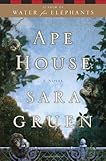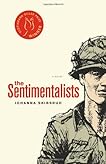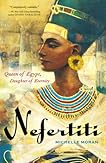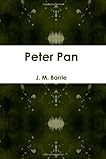Inside a City Under Siege
This book is a harrowing firsthand account by British correspondent who was the sole journalist allowed to be in city during the blockade. In his book the author goes to great length to document the city’s struggle while the inhabitants faced the savagery and the aggression by the Nazi forces where an estimate of one million people lost their lives mostly from starvation. This brief visit took place in 1943 and is a record of what he saw and heard from survivors.
I found this book fascination in many ways the four days he spent travelling across Leningrad each step he described was reliving history. Mr. Werth went in great details sometimes overloading us names of streets and buildings and comparing what he saw at the moment with his memories of the city he loved and lived in as a child before the revolution. While his visits were to different locations, all interviews shared the same experience: famine, continuous shelling and death. What come to light are the survival strategies that was adopted during the siege by the ordinary people such as workers, the heads of industries, the local authorities, and of course the soldiers. Although not enough, one positive effect the Russian winter froze Lake Ladoga and created a life-line over which caravans of trucks hauled a meager amount of food and supplies and also provided an evacuation route for thousands of the city’s weak and elderly.
This book is both informative and moving in many ways but the endless visits to schools, factories, camps and conversations with functionaries became redundant and taxing. It is evident the culture in Leningrad at the time was highly artistic, people still enjoyed books, theater, music and Mr. Werth doesn't shy away from describing plays and authors he enjoyed. There is a lot in this book actually I would say an overwhelming amount of information to absorb in too little time.
On this I say: Bravery and collective courage of the whole city deserves to be welcomed for eternity.
My thanks to NetGalley and the publisher I. B. Tauris for the opportunity to read this book.



















No comments:
Post a Comment